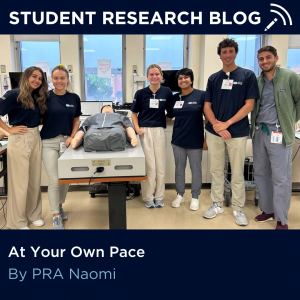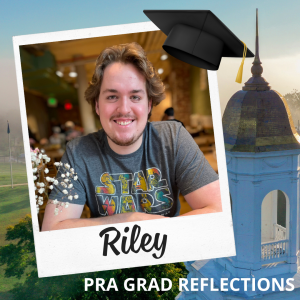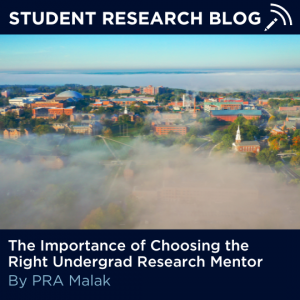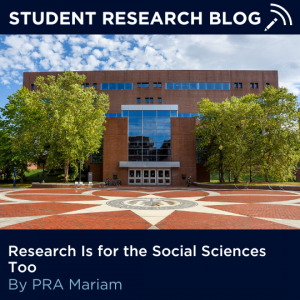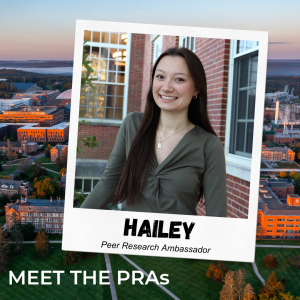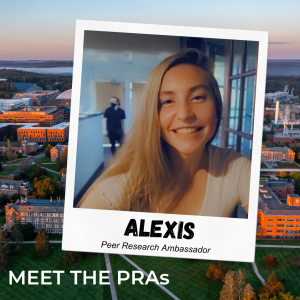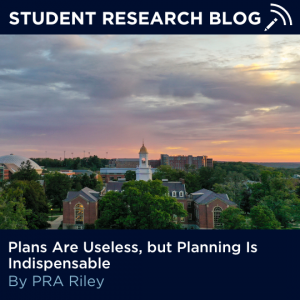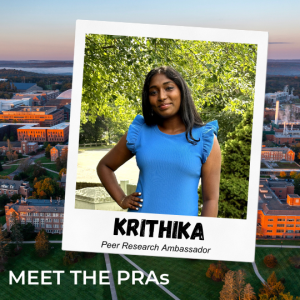By Alexis Elkinson, Peer Research Ambassador
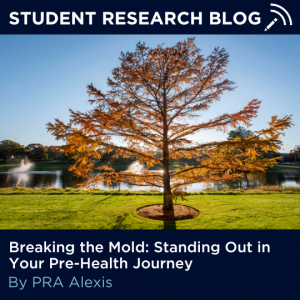 The road to a career in medicine, dentistry, or any graduate health program is often paved with rigorous coursework, competitive exams, and carefully curated extracurriculars. Many students strive to become the “perfect” or “cookie-cutter” applicant—someone with a flawless GPA, high test scores, and a checklist of clinical or community service hours and research experience. But the truth is, admissions committees are looking for more than just numbers. They seek individuals who are unique, passionate, and self-aware. So, how can you stand out? By embracing what makes you different, sharing your authentic experiences, and demonstrating your commitment to growth—both as a future healthcare professional and as a person. Continue reading
The road to a career in medicine, dentistry, or any graduate health program is often paved with rigorous coursework, competitive exams, and carefully curated extracurriculars. Many students strive to become the “perfect” or “cookie-cutter” applicant—someone with a flawless GPA, high test scores, and a checklist of clinical or community service hours and research experience. But the truth is, admissions committees are looking for more than just numbers. They seek individuals who are unique, passionate, and self-aware. So, how can you stand out? By embracing what makes you different, sharing your authentic experiences, and demonstrating your commitment to growth—both as a future healthcare professional and as a person. Continue reading
